
下载亿题库APP
联系电话:400-660-1360

下载亿题库APP
联系电话:400-660-1360

请谨慎保管和记忆你的密码,以免泄露和丢失

请谨慎保管和记忆你的密码,以免泄露和丢失

小伙伴们,雅思考试大家复习的怎么样了呢?下面是帮考网分享的雅思考试阅读部分的练习题,一起来看看吧!
雅思阅读练习及答案:
Next Year Marks the EU’s 50th Anniversary ofthe Treaty
A.
After a period of introversion and stunned self-disbelief, continental European governments willrecover their enthusiasm for pan-Europeaninstitution-building in 2007. Whether the Europeanpublic will welcome a return to what voters in twocountries had rejected so short a time before isanother matter.
B.
There are several reasons for Europe’s recovering self-confidence. For years Europeaneconomies had been lagging dismally behind America (to say nothing of Asia), but in 2006 thelarge continental economies had one of their best years for a decade, briefly outstrippingAmerica in terms of growth. Since politics often reacts to economic change with a lag, 2006’simprovement in economic growth will have its impact in 2007, though the recovery may beebbing by then.
C.
The coming year also marks a particular point in a political cycle so regular that it almostseems to amount to a natural law. Every four or five years, European countries take a largestride towards further integration by signing a new treaty: the Maastricht treaty in 1992, theTreaty of Amsterdam in 1997, the Treaty of Nice in 2001. And in 2005 they were supposed toratify a European constitution, laying the ground for yet more integration—until the calmrhythm was rudely shattered by French and Dutch voters. But the political impetus to signsomething every four or five years has only been interrupted, not immobilised, by thissetback.
D.
In 2007 the European Union marks the 50th anniversary of another treaty—the Treaty ofRome, its founding charter. Government leaders have already agreed to celebrate itceremoniously, restating their commitment to “ever closer union” and the basic ideals ofEuropean unity. By itself, and in normal circumstances, the EU’s 50th-birthday greeting to itselfwould be fairly meaningless, a routine expression of European good fellowship. But it doesnot take a Machiavelli to spot that once governments have signed the declaration (and itseems unlikely anyone would be so uncollegiate as to veto it) they will already be halfwaytowards committing themselves to a new treaty. All that will be necessary will be toincorporate the 50th-anniversary declaration into a new treaty containing a number ofinstitutional and other reforms extracted from the failed attempt at constitution-building and—hey presto—a new quasi-constitution will be ready.
E.
According to the German government—which holds the EU’s agenda-setting presidencyduring the first half of 2007—there will be a new draft of a slimmed-down constitution readyby the middle of the year, perhaps to put to voters, perhaps not. There would then be a coupleof years in which it will be discussed, approved by parliaments and, perhaps, put to voters ifthat is deemed unavoidable. Then, according to bureaucratic planners in Brussels and Berlin,blithely ignoring the possibility of public rejection, the whole thing will be signed, sealed and anew constitution delivered in 2009-10. Europe will be nicely back on schedule. Its four-to-five-year cycle of integration will have missed only one beat.
F.
The resurrection of the European constitution will be made more likely in 2007 because ofwhat is happening in national capitals. The European Union is not really an autonomousorganisation. If it functions, it is because the leaders of the big continental countries want itto, reckoning that an active European policy will help them get done what they want to do intheir own countries.
G.
That did not happen in 2005-06. Defensive, cynical and self-destructive, the leaders ofthe three largest euro-zone countries—France, Italy and Germany—were stumbling towardstheir unlamented ends. They saw no reason to pursue any sort of European policy and the EU,as a result, barely functioned. But by the middle of 2007 all three will have gone, and this factalone will transform the European political landscape.
H.
The upshot is that the politics of the three large continental countries, bureaucraticmomentum and the economics of recovery will all be aligned to give a push towardsintegration in 2007. That does not mean the momentum will be irresistible or even popular.The British government, for one, will almost certainly not want to go with the flow, beginningyet another chapter in the long history of confrontation between Britain and the rest ofEurope. More important, the voters will want a say. They rejected the constitution in 2005. Itwould be foolish to assume they will accept it after 2007 just as a result of an artful bit oftinkering.
好了,以上就是今天分享的全部内容了,各位小伙伴根据自己的情况进行查阅,希望本文对各位有所帮助,预祝各位取得满意的成绩,如需了解更多相关内容,请关注帮考网!
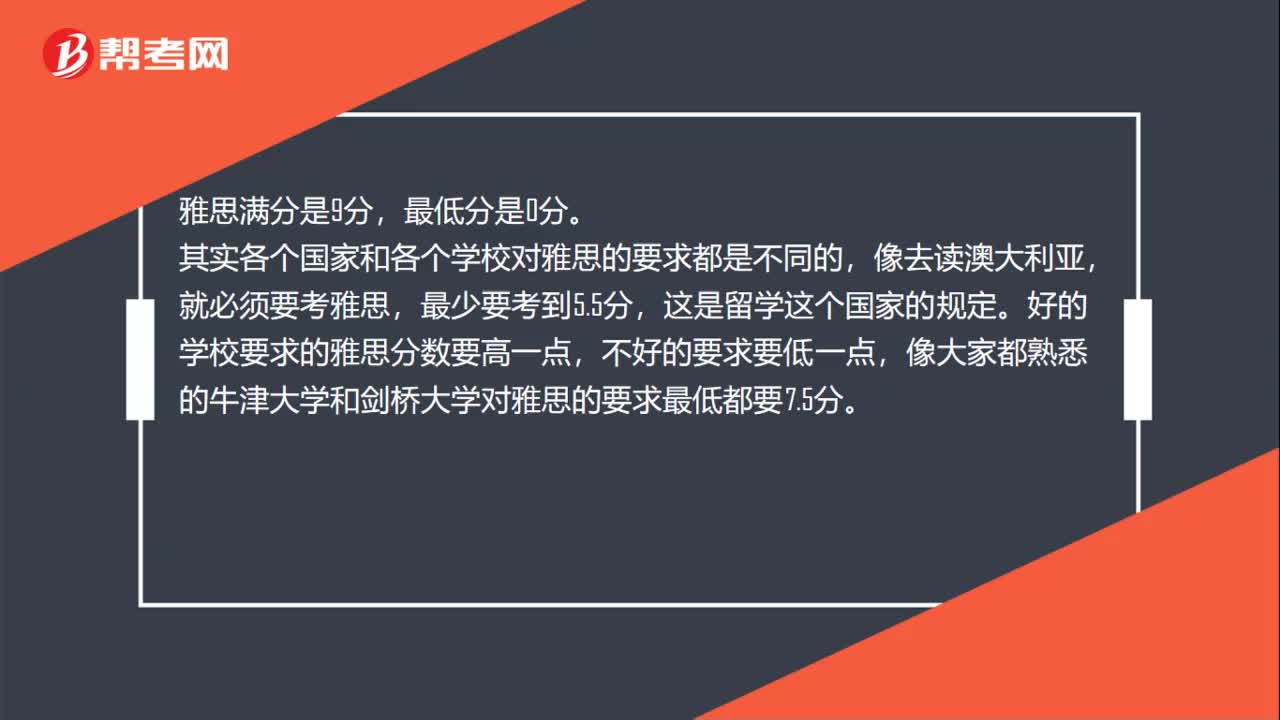 36
36雅思考试总分是多少?:雅思考试总分是多少?雅思满分是9分,最低分是0分。其实各个国家和各个学校对雅思的要求都是不同的,像去读澳大利亚,就必须要考雅思,最少要考到5.5分,这是留学这个国家的规定。好的学校要求的雅思分数要高一点,不好的要求要低一点,像大家都熟悉的牛津大学和剑桥大学对雅思的要求最低都要7.5分。
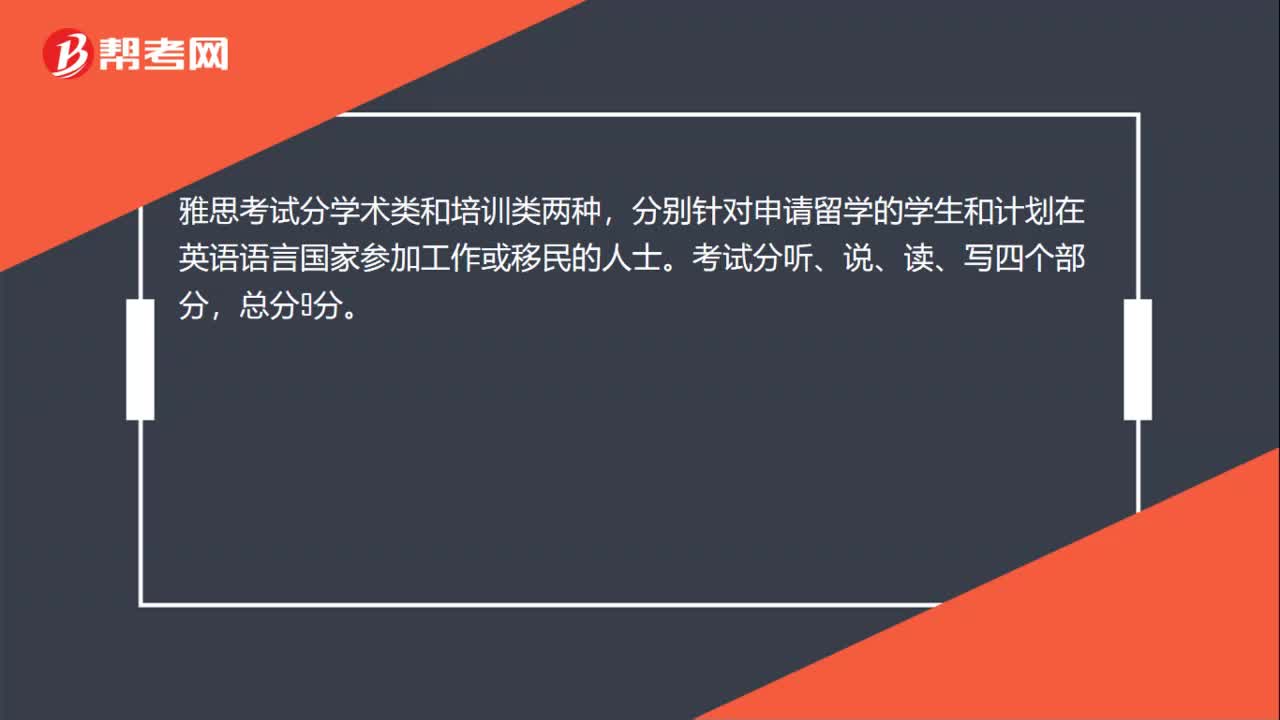 21
21雅思考试有几种类型?:雅思考试有几种类型?雅思考试分学术类和培训类两种,分别针对申请留学的学生和计划在英语语言国家参加工作或移民的人士。考试分听、说、读、写四个部分,总分9分。
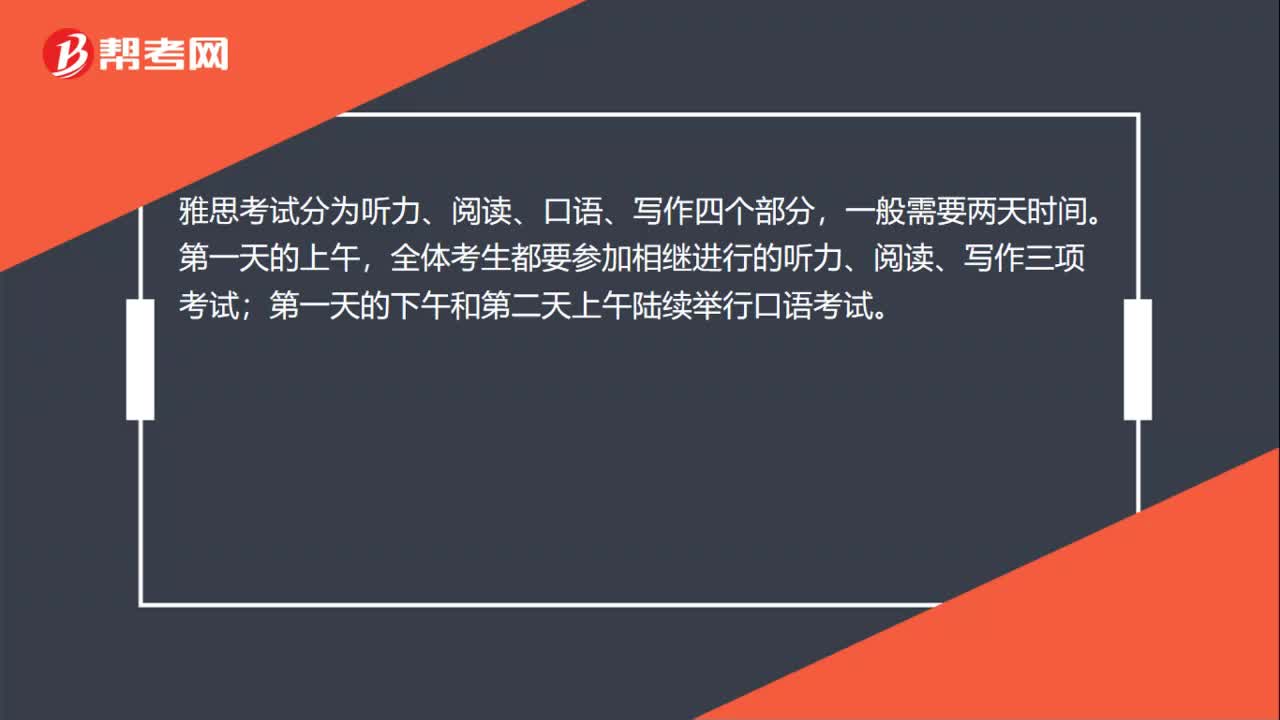 26
26雅思考试内容有哪些?:雅思考试内容有哪些?雅思考试分为听力、阅读、口语、写作四个部分,一般需要两天时间。第一天的上午,全体考生都要参加相继进行的听力、阅读、写作三项考试;第一天的下午和第二天上午陆续举行口语考试。
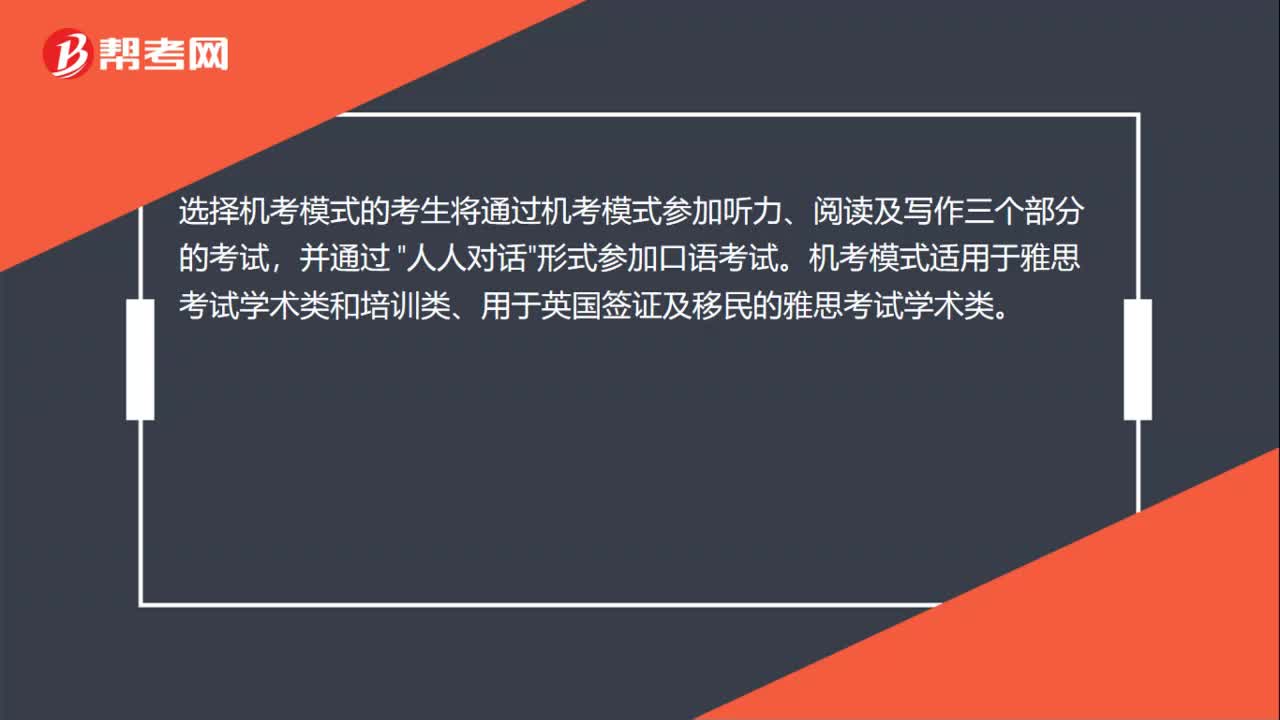 01:24
01:242020-06-01
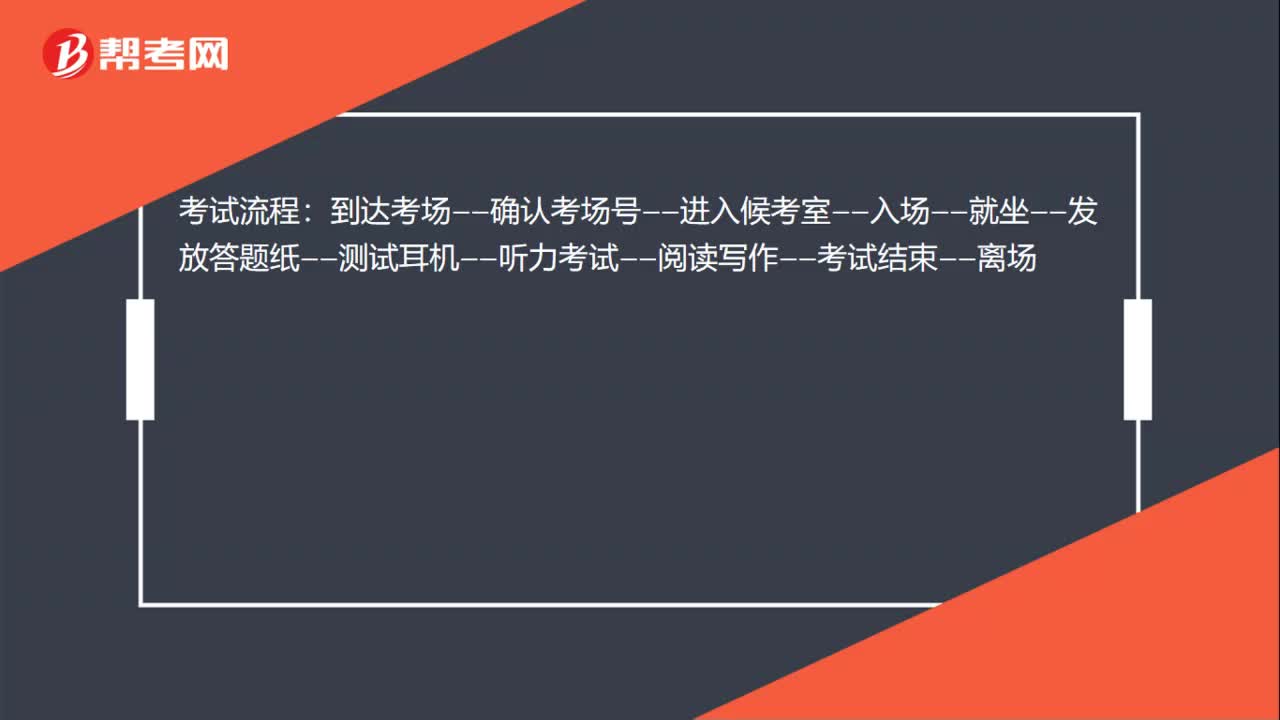 01:16
01:162020-06-01
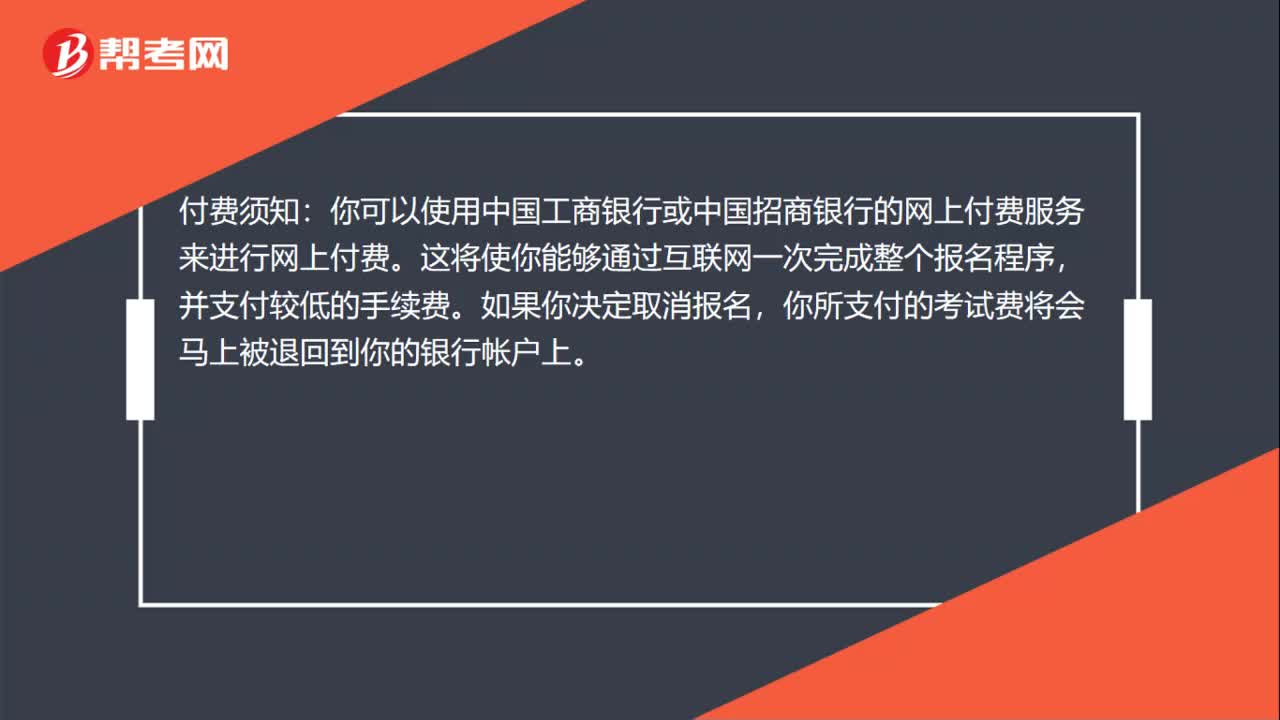 02:06
02:062020-06-01
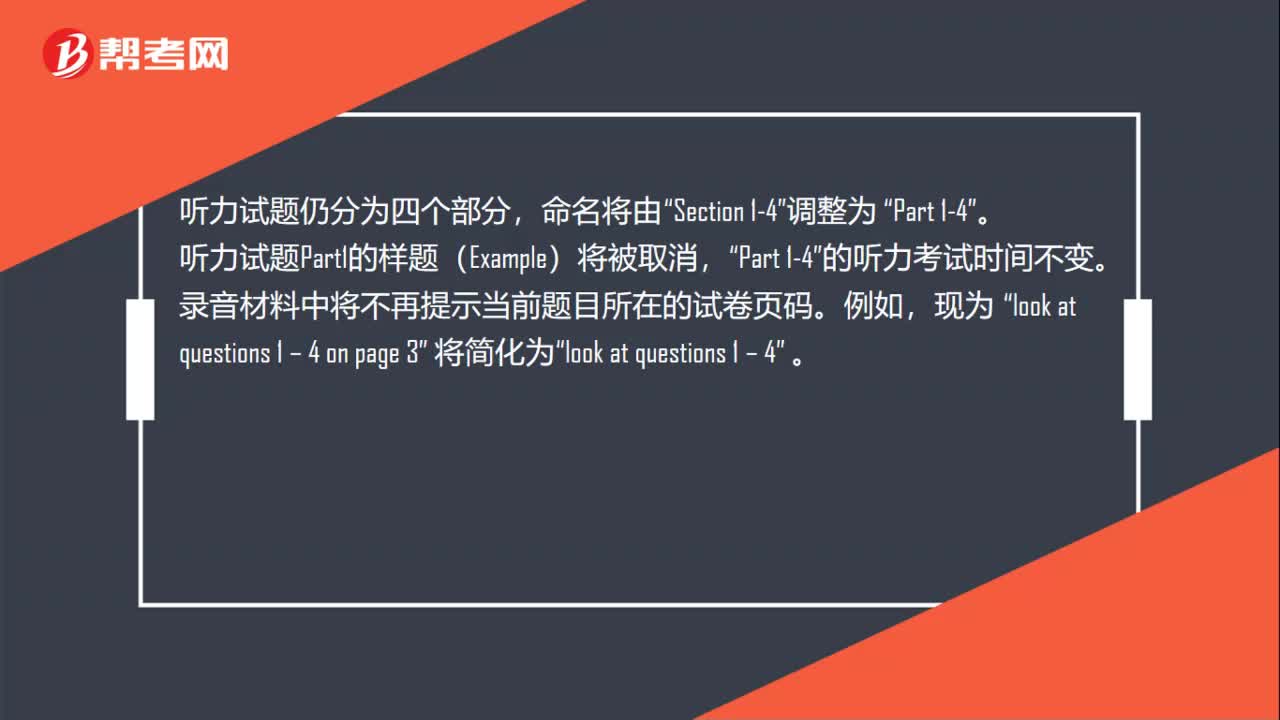 01:06
01:062020-06-01

微信扫码关注公众号
获取更多考试热门资料